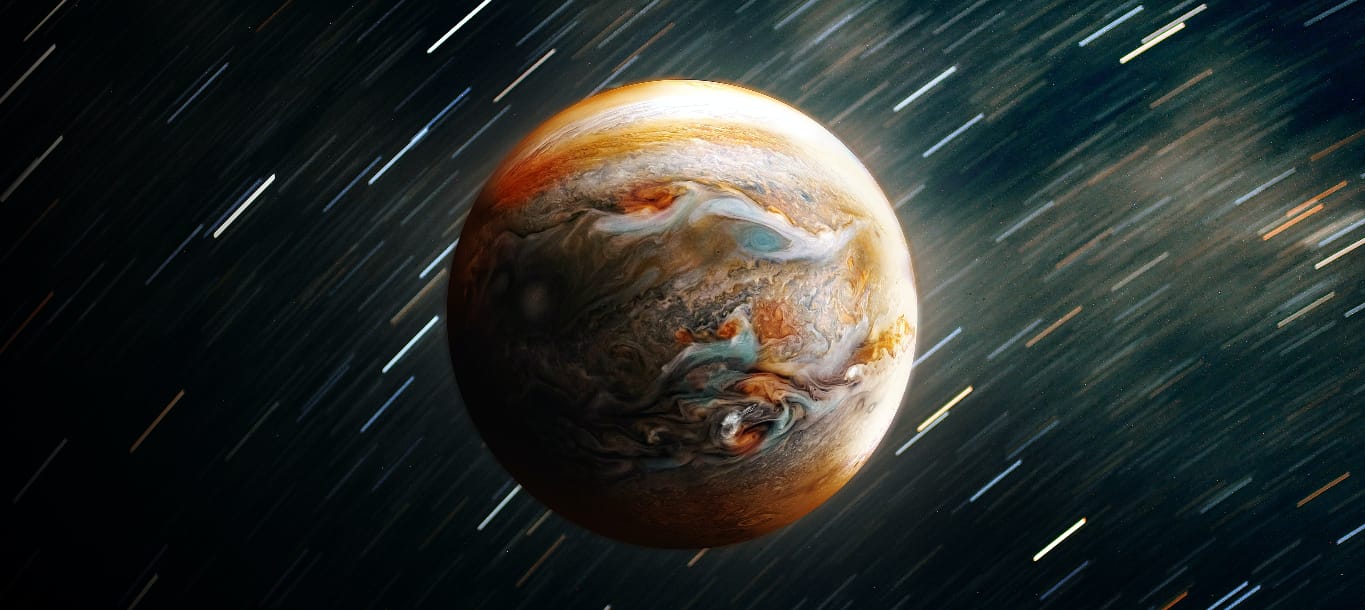What is a planetary geologist?
Planetary geology (sometimes referred to as astrogeology) is the study of the physical makeup of planets and other celestial bodies. Planetary geologists use computer simulations, photographs from space probes and samples retrieved from space missions to learn more about the history and topography (how the natural and artificial physical features of an area are arranged) of different planets. Due to the vastness of outer space, planetary geologists tend to choose a specific topic to focus on, such as how soil forms on the moon and if there’s volcanic activity on Mars.
The hope is that their findings will help us: create accurate solar system maps and models, understand how and why other planets differ from Earth and whether there’s life outside of Earth. Plus, how cool would it be to look up at the sky and know exactly what’s up there?
Planetary geologists tend to be employed at universities, at research institutes or at governmental organisations like the European Space Agency.
What are the responsibilities of a planetary geologist?
Day to day responsibilities include:
- Using telescopes and space probes to collect data
- Using technical tools to study the composition of geological samples
- Combining high-resolution photographs with 3-D modelling to enhance the details on the image
- Creating planetary maps showing how different parts of space have evolved
What skills do I need to be a successful planetary geologist?
Technical skills are important, as you’ll be working with complex telescopes and computer software to analyse data.
Patience and resilience are also required as you may need to make do with limited samples from your area of interest.
Analytical skills are essential to apply your understanding of the Earth and other planets to work out how another body is structured.
How do I become a planetary geologist?
Given how research heavy the work is, it’s recommended that you have a PhD. While expensive, there are funding opportunities available if you look early.
If you’re interested in planetary geology, but want to know more before committing to a PhD, you can reach out to planetary geologists on LinkedIn to ask about their career journey or if you could shadow them. Some universities and planetariums even offer public lectures for people interested in the field.
